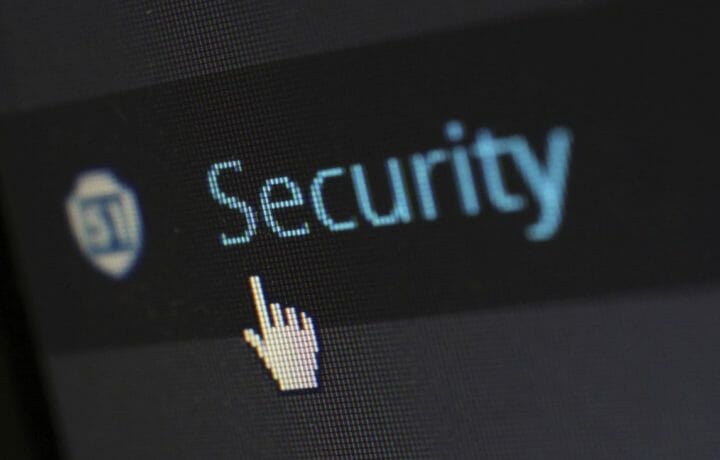With the Senate failing to advance the Cybersecurity Act of 2012 in a 51-47 vote late Wednesday, many are left to wonder what, if anything, will come of U.S. cybersecurity.
According to the Associated Press, the senators failed to reach agreement on a provision in the bill giving the Department of Homeland Security authority over a National Cybersecurity Council that would be established to monitor cybersecurity efforts around the nation’s critical infrastructure – 85 percent of which is owned by the private sector.
While a previous version of the bill, which failed 52-46 in August, would require the private sector to share information with the new National Cybersecurity Council, the bill was later revised to make the private sector’s participation in the program voluntary. Yet the revision made little difference to the senators initially opposed to the bill.
Meanwhile, some are speculating that the Senate’s second failed attempt to pass cybersecurity legislation will push President Obama to issue his anticipated executive order, which, like the Cybersecurity Act of 2012, would call for the creation of a “new critical infrastructure cybersecurity council,” according to a draft leaked back in September.
But beyond the debate over establishing a government-controlled cyber council, the Wall Street Journal has stepped up to express its concerns over the international implications of an executive order.
In an editorial published Friday, the Journal wrote, “Obama’s order will undermine longstanding U.S. efforts to discourage governments and international bodies from regulating the Internet. It will be hard for the U.S. to complain when Russia, China and other dictatorships use cybersecurity as an excuse to control digital information.”
The Journal went on to suggest that Senate Majority Leader Harry Reid intentionally rushed voting on the cybersecurity bill so that it would fail, clearing the path for the president “to regulate the Web by bureaucratic fiat.”
“A flawed executive order is easier to undo than a bad law, and Congress will try again next year,” the Journal advised. “But for now petty politics has sunk a pragmatic, low-cost way to shore up defenses against a growing threat.”
____
Michelle Kincaid is a DC-based public affairs professional specializing in technology policy. She is also creator of the blog CybersecurityNews.org. Follow her on Twitter at @OnCybersecurity.


